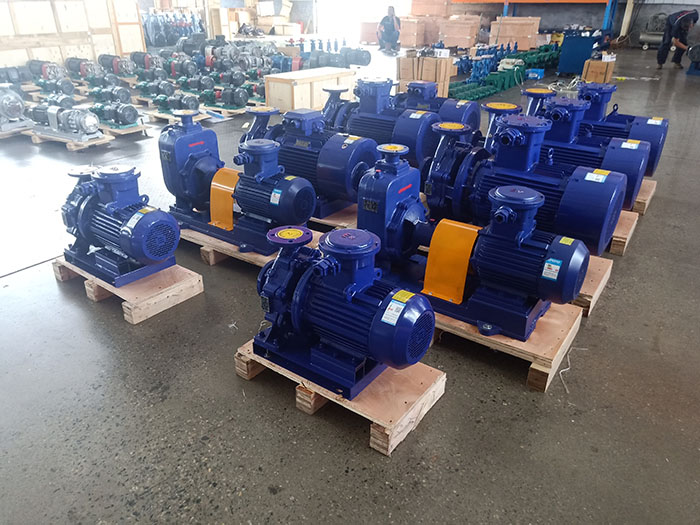Pipeline pumps are essential for transporting various types of fluids over long distances efficiently and safely. In this article, we will explore the different mediums that can be transported using pipeline pumps, highlighting their versatility and importance in various industries.
Pipeline pumps are designed to handle a wide range of fluids, including liquids, slurries, and gases. Let's take a closer look at each of these mediums and how they can be transported using pipeline pumps.
Liquids:
Pipeline pumps are commonly used to transport liquids such as water, oil, petroleum products, chemicals, and wastewater. These pumps are capable of handling liquids of different viscosities, from thin and watery substances to thick and viscous fluids. The pumps create the necessary pressure to propel the liquids through the pipeline, ensuring a smooth and continuous flow.
Slurries:
Slurries are a mixture of liquids and solids, commonly encountered in mining, dredging, and construction industries. Pipeline pumps equipped with specialized features, such as slurry pumps, are specifically designed to handle these challenging mixtures. Slurry pumps are capable of efficiently transporting abrasive materials, such as sand, gravel, coal, and ore, by suspending the solid particles in the liquid medium.
Gases:
Pipeline pumps can also transport gases, including natural gas, compressed air, and various industrial gases. Gas transportation requires specific pump designs, such as centrifugal compressors or positive displacement blowers, to create the necessary pressure for gas flow. These pumps are crucial for delivering gases to industrial processes, power generation, and heating systems.
Pipeline pumps offer several advantages for transporting these mediums. Firstly, they provide a cost-effective solution for long-distance transportation, as pipelines eliminate the need for intermediate storage and multiple handling points. Secondly, pipeline transportation reduces the risk of spillage and environmental contamination compared to alternative methods, such as tanker trucks or rail transport. Additionally, pipeline pumps offer a reliable and continuous flow, ensuring a steady supply of the transported medium.
The selection of the appropriate pipeline pump depends on factors such as the type of medium, flow rate, pressure requirements, and distance to be covered. Pump manufacturers offer a wide range of pump types, sizes, and materials to accommodate the specific needs of different industries.
Pipeline pumps are capable of transporting a variety of mediums, including liquids, slurries, and gases. Their versatility and efficiency make them indispensable in industries such as water supply, oil and gas, mining, and chemical processing. By providing reliable and cost-effective transportation, pipeline pumps play a vital role in ensuring the smooth operation of various industrial processes while minimizing environmental impact.
